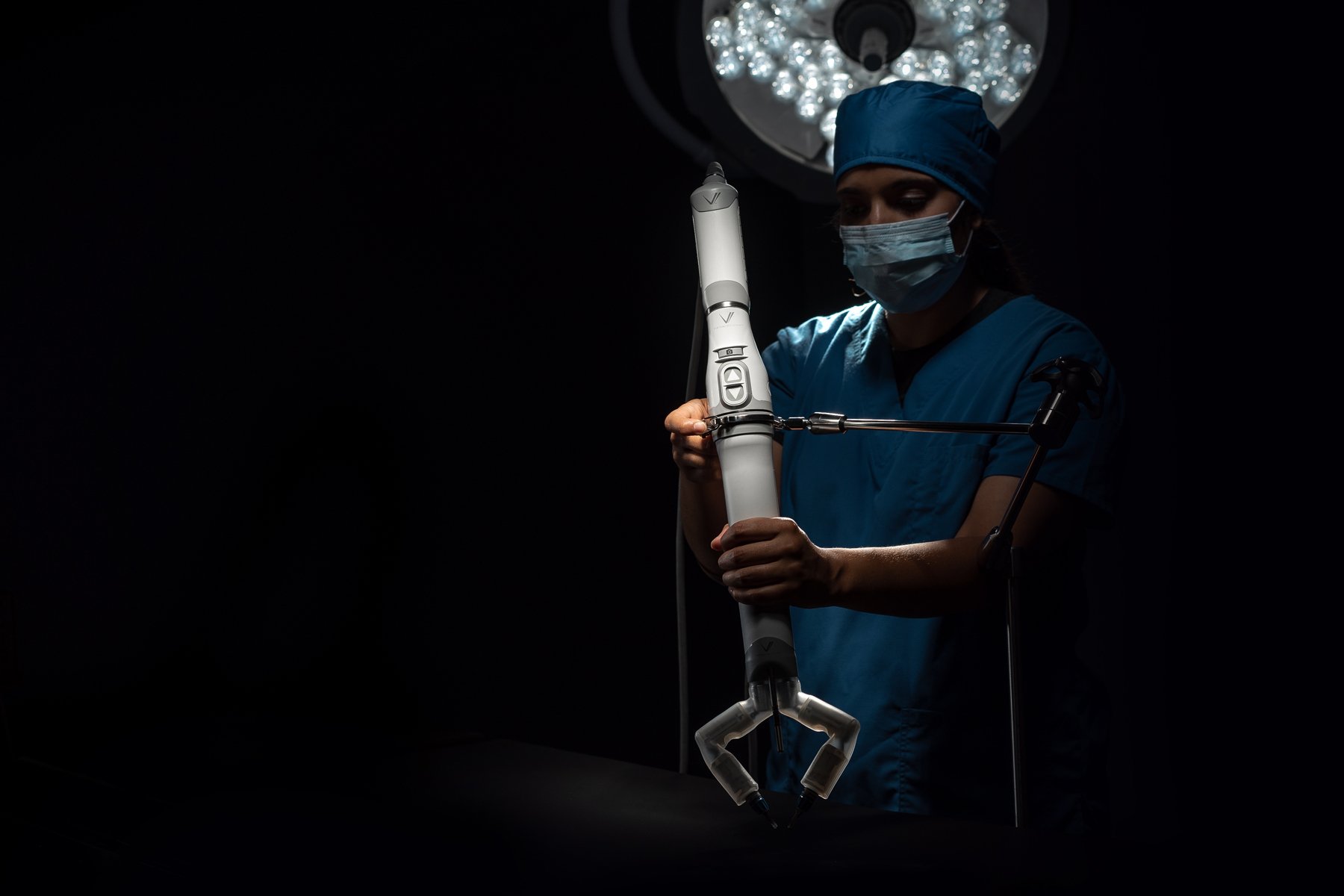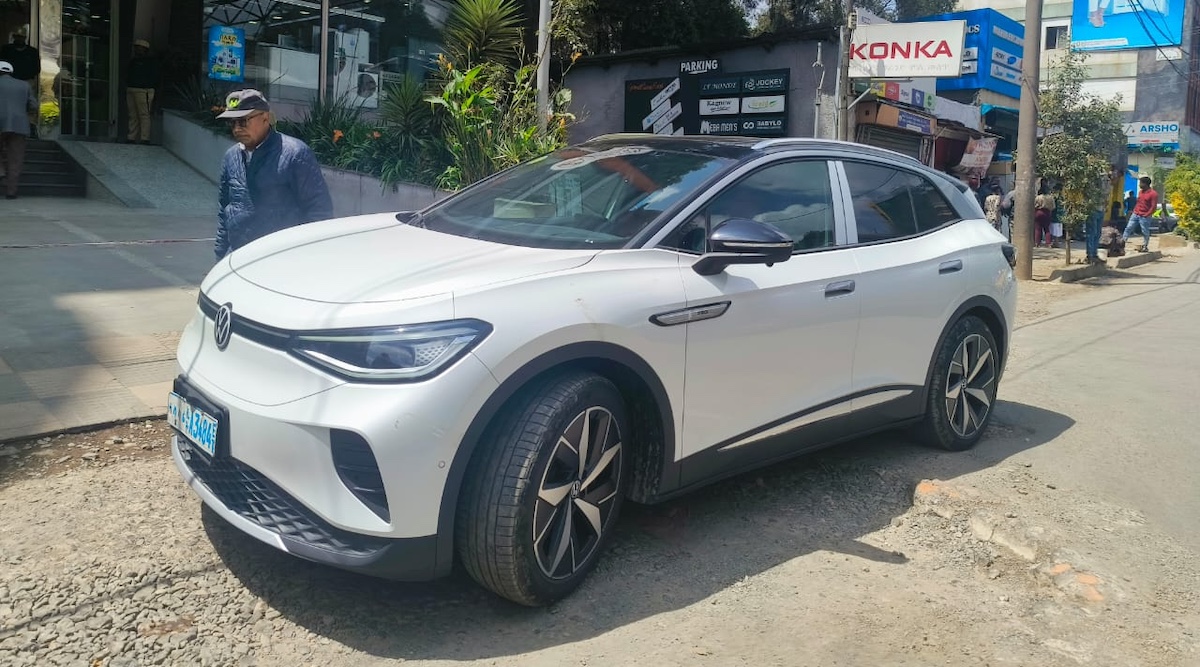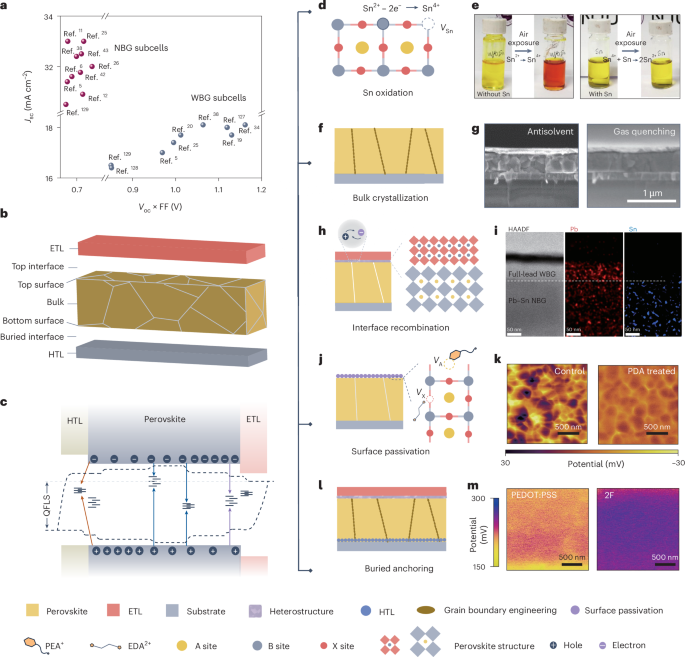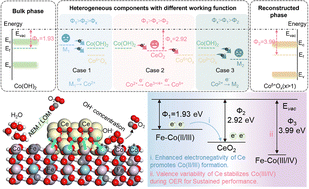Placental Syncytium‐on‐Chip (PSoC)–Comparison of Forskolin or Mechanical Induced‐Syncytialization
Advanced Healthcare Materials, EarlyView.

A standard Transwell format and a scalable Placental-Syncytium-on-Chip (PSoC) platform are used to compare the effect of chemical and mechanical signals on the differentiation and functionality of BeWo cells-derived syncytiotrophoblasts. It is shown that the wall shear stress-based PSoC platform is a relevant model for physiological studies and drug testing, enabling efficient placental barrier formation and physiological endocrine/vascular functions without the need for a chemical inducer.
Abstract
The placenta is a key embryonic structure that separates maternal and fetal blood systems. The barrier function of the human placenta is performed by villous trophoblasts, i.e. undifferentiated cytotrophoblasts and differentiated syncytiotrophoblats, whose maturation and function are influenced by wall shear stress (WSS) from the maternal blood circulation. Most in vitro placenta models rely on cyclic adenosine monophosphate inducer forskolin (FSK) to establish a placental syncytium. Here a trophoblastic BeWo cell line is used to systematically compare the effect of FSK treatment in static culture with WSS stimulation in a pumpless, recirculating organ-on-chip. It is shown that BeWo cells undergo a similar differentiation under WSS exposure to FSK treatment. A WSS of 0.1 dyn cm−2 leads to cell fusion, polarization, barrier functions, human chorionic gonadotropin (β-hCG) secretion, and increased expression of key transporters. Moreover, WSS induces favorable changes in the levels of FMS-like tyrosine kinase-1 (FLT-1) and Placental Growth Factor (PlGF) suggesting the development of a physiologically relevant placental syncytium-on-chip (PSoC) without the need for FSK. The platform is further expanded to a syncytiotrophoblast/endothelial co-culture showing physiological vascular functions under WSS. The forskolin-free PSoC presented here represents the first pumpless recirculating and scalable platform for physiological placental studies and drug testing.



















































































![[Updated] B-2 Spirit Bombers Struck Iranian Nuclear Sites](https://theaviationist.com/wp-content/uploads/2025/06/B2sGuam_2.jpg)


























































